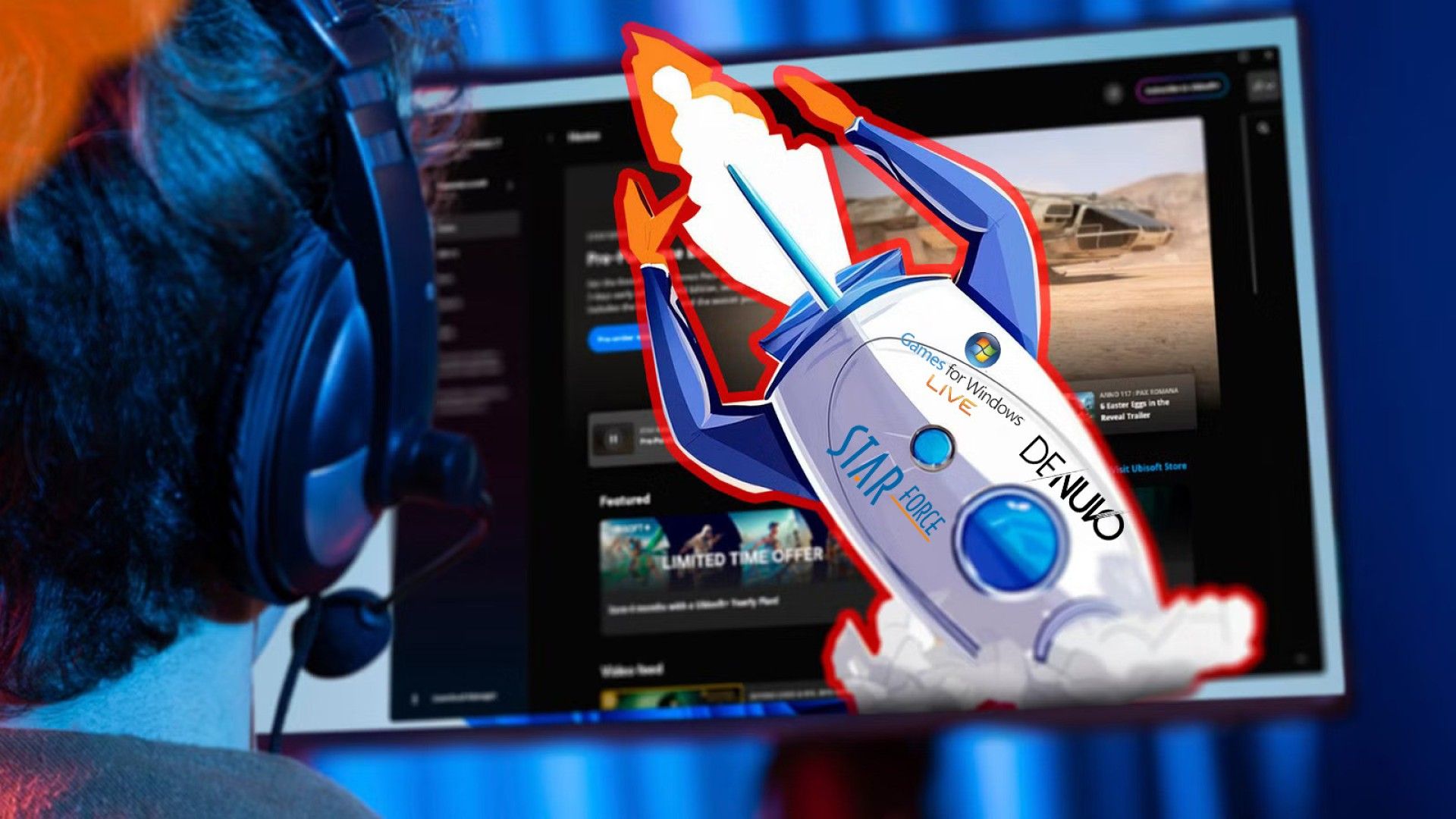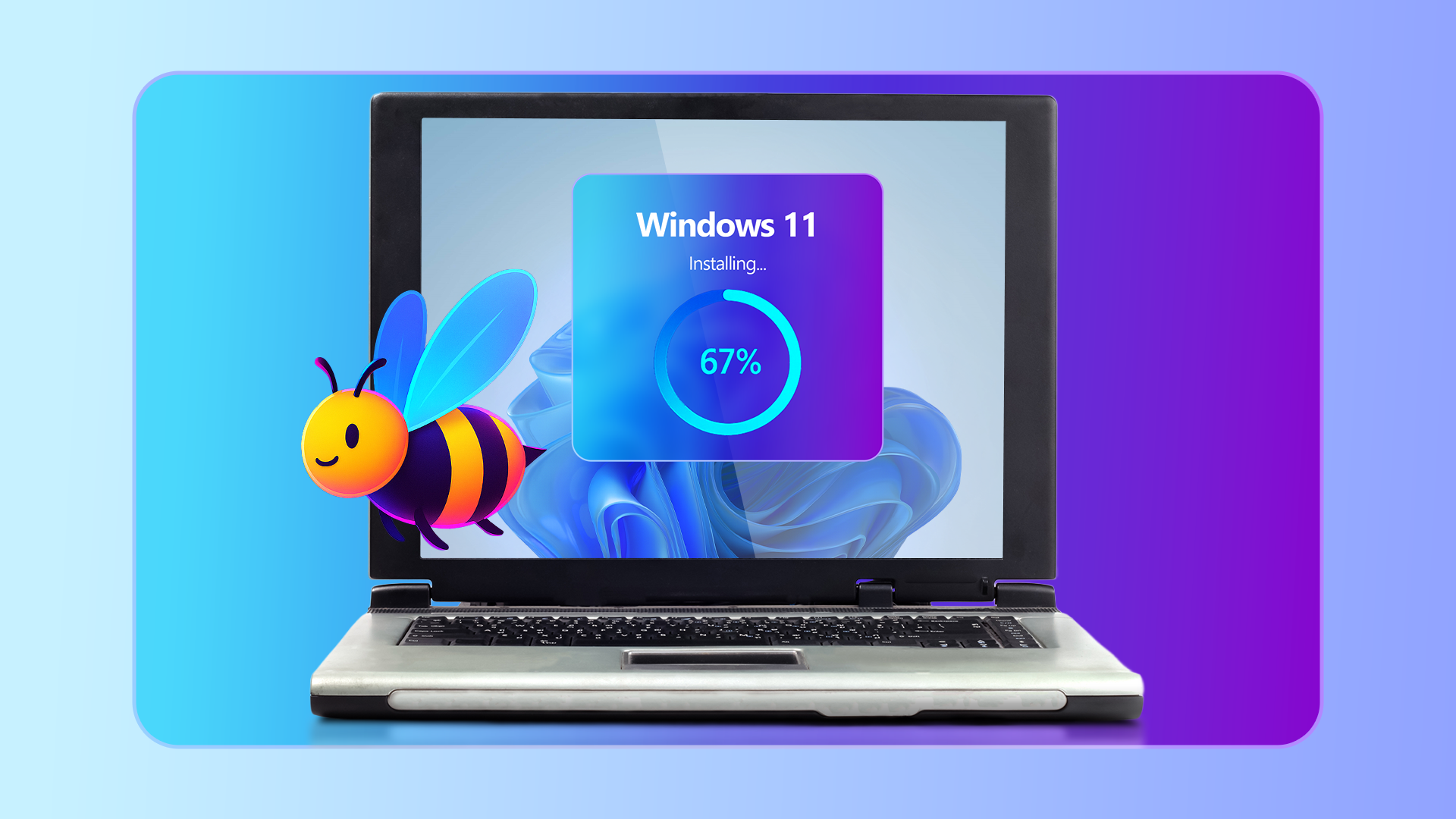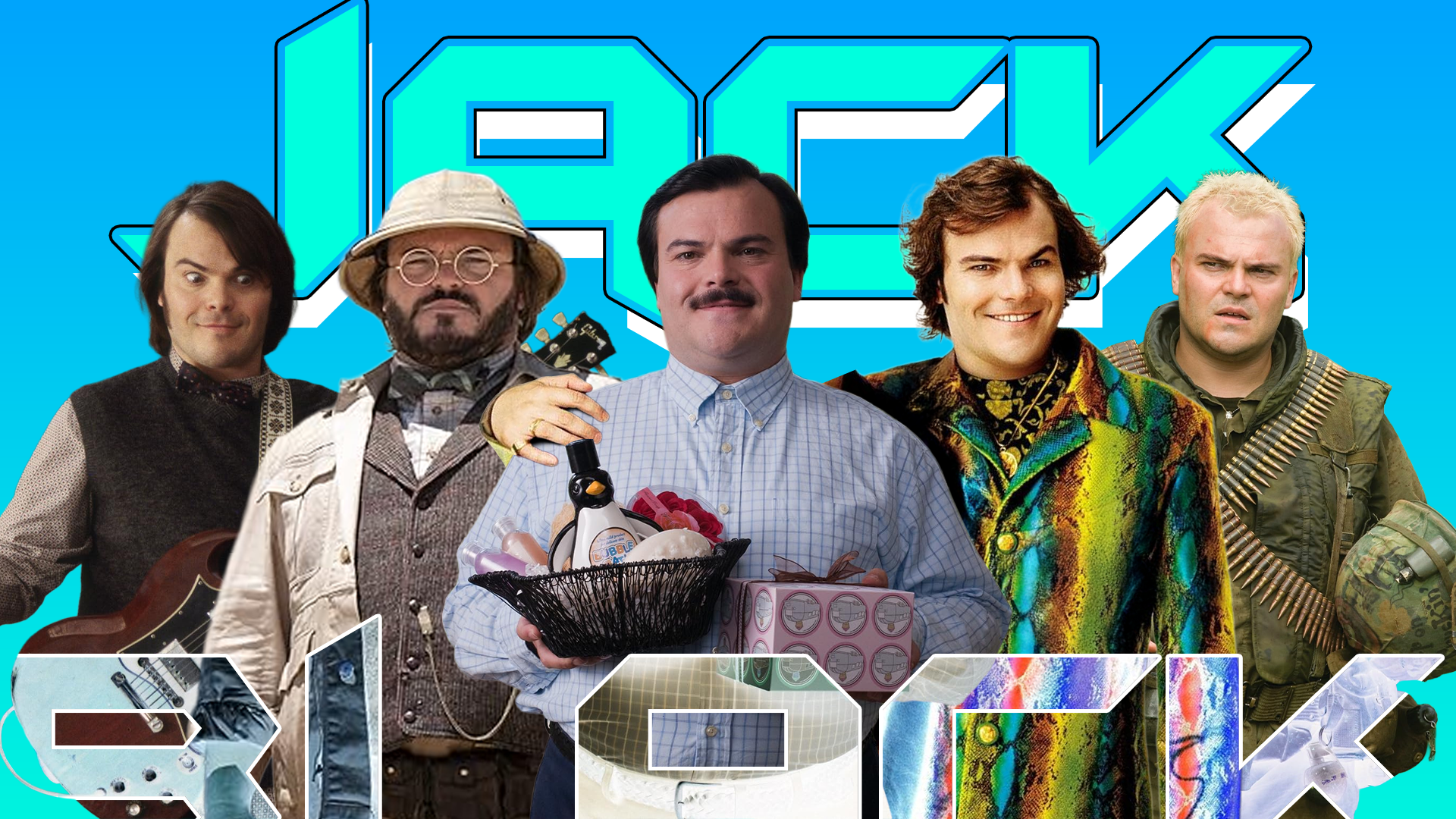Denuvo is the most common video game DRM solution, shipping with many big-budget titles. It’s very hard to circumvent and comes with certain limitations, such as a limited number of PC activations, that are clearly anti-consumer. But if you think Denuvo is the worst, boy, do I have news for you.
While Denuvo is far from great, certain DRM solutions of the past put it to shame. Back in the day, PC gamers had to deal with DRM solutions that acted as malware and damaged physical components, always-online DRM for single-player games, and online DRM that rendered the games that shipped with it unplayable after DRM activation servers got shut down.
StarForce
Disk-based Digital Rights Management (DRM) solutions were quite popular among PC game publishers in the late 90s and early 2000s, when physical games reigned supreme even in the PC world.

The most infamous of them all was, hands down, StarForce.
Developed by a Russia-based company, StarForce included unique encryption keys found on both the physical CD and the game’s executable files, thus requiring the former to match the latter.
In order to check whether the keys on the CD matched the game files, you had to constantly have the CD spinning in your PC’s CD drive. But this wasn’t the worst thing about StarForce.
During game installation, StarForce would install kernel-level drivers used to check encryption keys without notifying users. Worse still, the fact that software would be installed on your PC wasn’t mentioned even in end-user agreements.
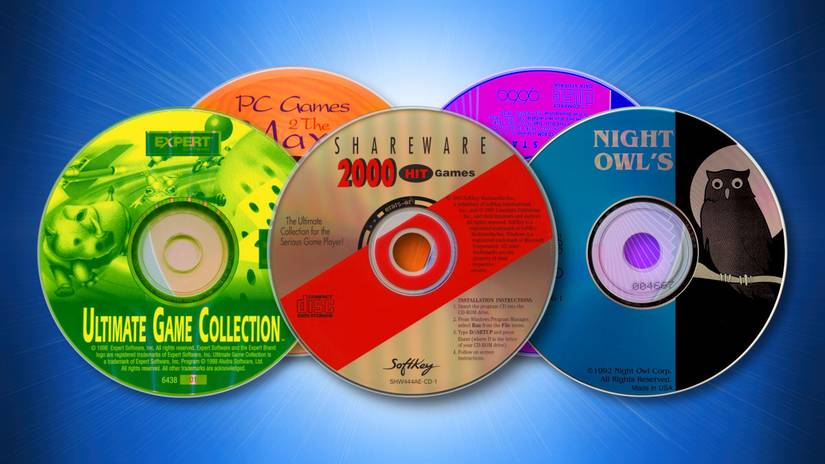
Oh, and those drivers would remain on the PC after you’d removed a game that used StarForce. If you thought this was the end of it, think again.
The DRM slowed down the reading speed of CD and DVD drives and even caused issues, such as preventing them from reading data discs or playing audio CDs. Many users also reported various problems, including random reboots, BSODs (blue screens of death), and other predicaments stemming from having StarForce drivers on their PCs.
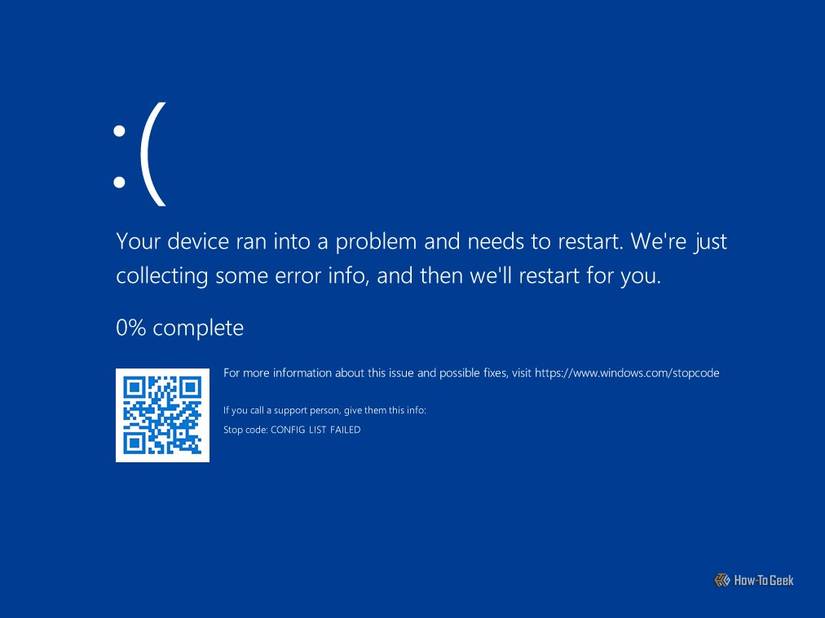
Installing StarForce-protected games on newer versions of Windows, starting with Windows Vista, would lead to BSODs. In some cases, you’d even have to reinstall Windows.
Developers even had to create a tool specifically designed to remove the hidden StarForce drivers. Games with StarForce and SafeDisc (a similar anti-tamper measure) won’t even run on Windows 10 and 11, forcing legitimate owners to use various workarounds to play games they paid money for.
The software behaved like malware and earned the title of PC gaming’s pariah during the early 2000s. I remember my friend’s older brother buying a StarForce-protected game—pretty sure it was Cossacks: European Wars—only to not be able to play it because StarForce was likely the cause of his CD drive failing to read disks after playing the game for a few days. He also noticed various issues with his PC, which ultimately led him to reinstall Windows.
Games for Windows – LIVE
You can’t talk about the worst video game DRM solutions without mentioning Microsoft’s Games for Windows — LIVE, also known by its acronym GFWL. This was Microsoft’s attempt at creating a digital platform for PC games.
GFWL platform included an online game store along with a number of online features for games that utilized the platform, such as achievements and leaderboards. In a nutshell, GFWL was Microsoft’s answer to Steam, and we all know who won here.
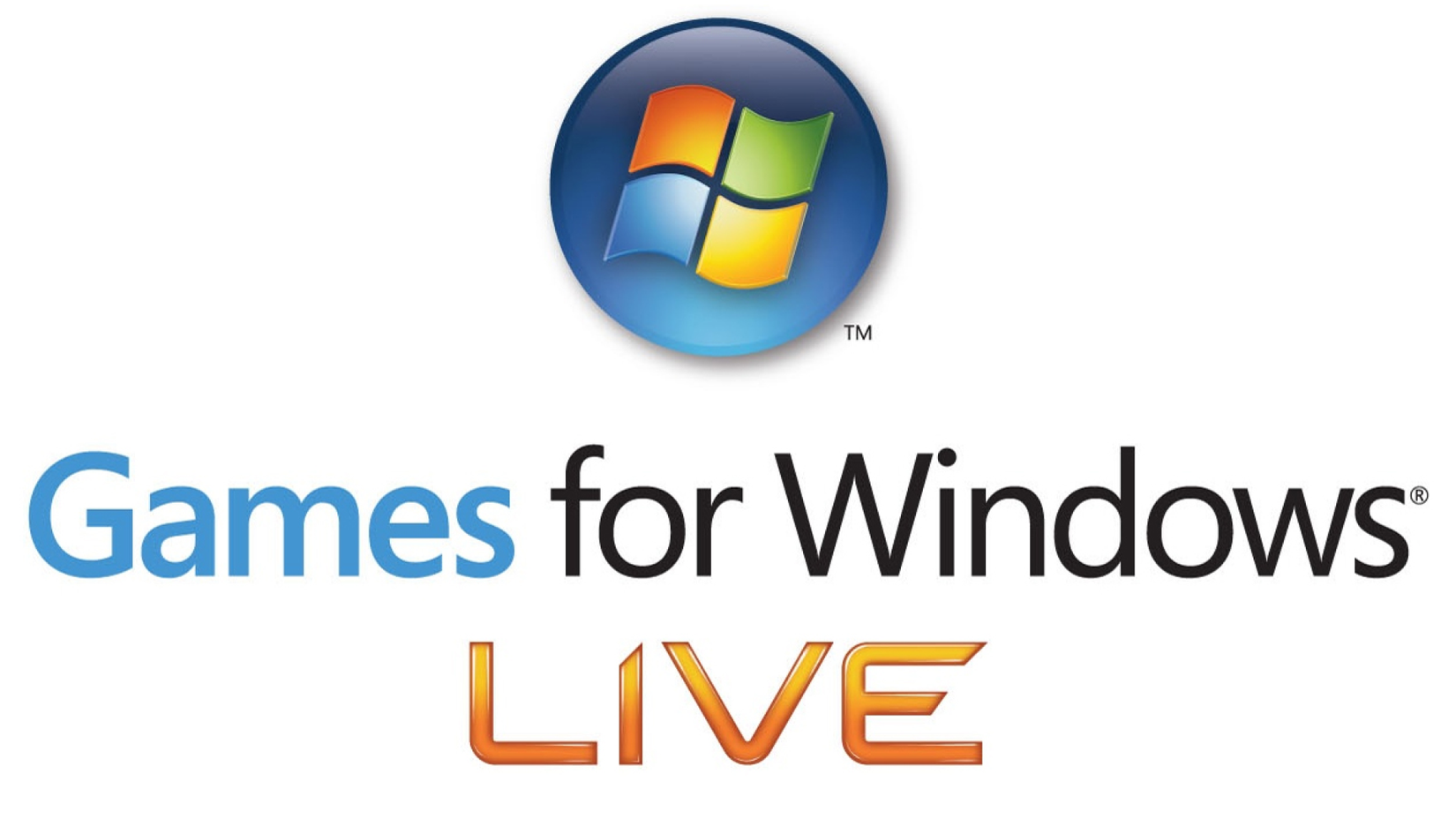
The catch is that GFWL also acted as an online DRM, which would ultimately make many physical editions of games that used it unplayable today. Owners had to activate GFWL games after installing them via GFWL online servers. When Microsoft took those activation servers offline, games that hadn’t had GFWL integration removed via patches were rendered unplayable.
GTA IV was the biggest title affected by Microsoft’s decision to stop supporting GFWL, including the service’s online DRM activation feature, in early 2020. While Rockstar had partially removed the game’s GFWL integration prior to GFWL servers going down, the game relied on the service to generate new product keys. So when GFLW shut down for good, there was no way to sell additional GTA IV copies on Steam, which made Rockstar delist the game from Steam and then relaunch it in its current, “Ultimate Edition” form.
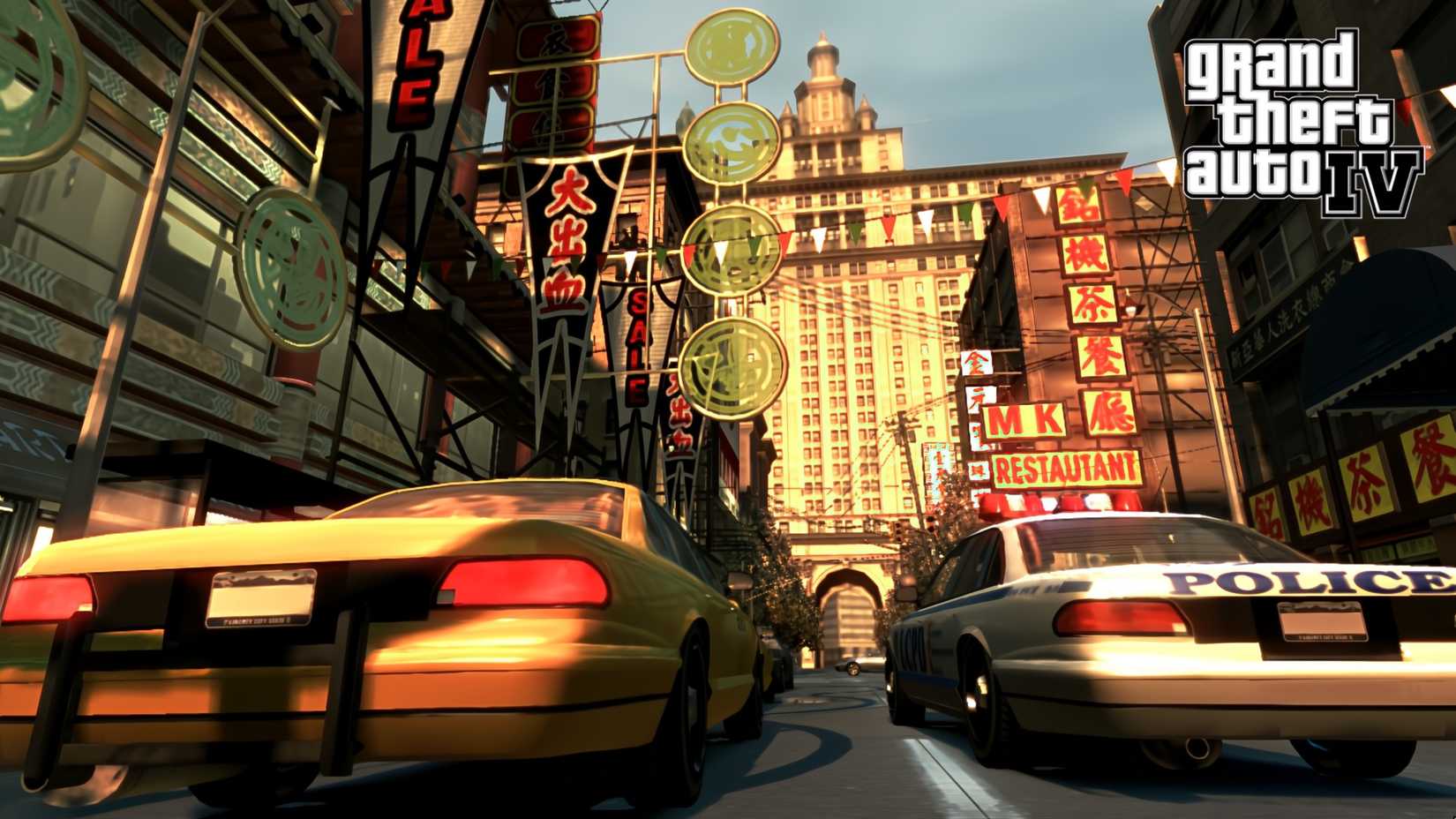
But other games weren’t that lucky. Microsoft delisted Fable III from Steam following the shutdown of the Games For Windows Live Marketplace in 2013. Microsoft could’ve patched the game and removed its GFWL integration, but the company had instead opted for this blatant anti-consumer move, delisting the game just two years after it got released on PC.
Other games remained playable, but owners couldn’t download they DLC they bought after the GFWL marketplace got shuttered in 2013, with most online services being discontinued in 2014.
The service also suffered from multiple issues back when it was active. For instance, you couldn’t save your game unless you were signed to GFWL, which meant you had to be online to save your in-game progress. GFWL integration would also often bug out, forcing you to repeatedly close and open the game until you could sign in, and more.
Microsoft replaced GFWL with the Microsoft Store on Windows, but Valve saw the writing on the wall before Microsoft decided to shutter the service.
As an answer to Microsoft’s attempts to turn Windows and PC gaming on Windows into closed garden-type ecosystems, GFWL and Microsoft Store were a part of, Gabe Newell and Valve embraced Linux and began developing SteamOS. So, in a way, GFWL ultimately led to Steam Deck and the revival of Linux gaming.
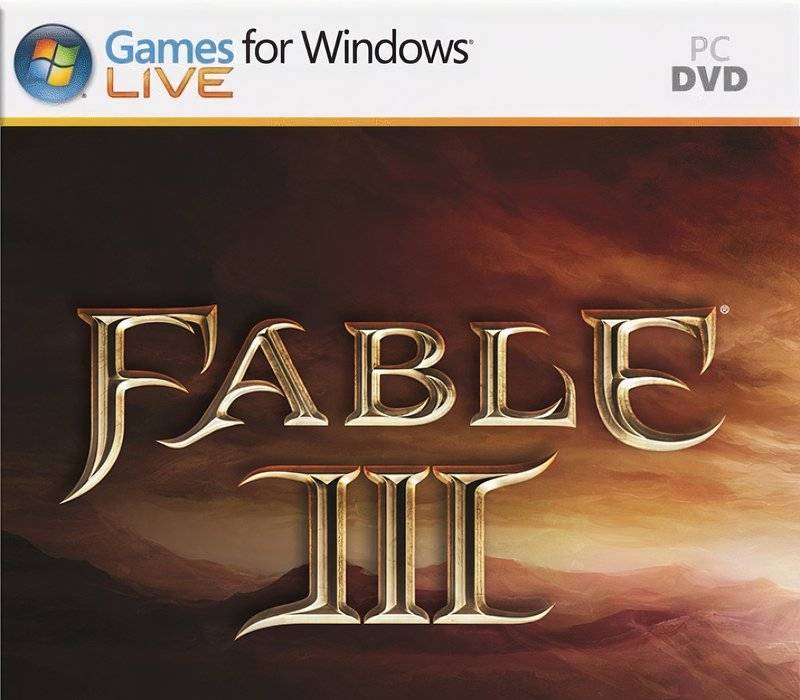
While not as anti-consumer as other DRMs on this list, GFWL’s online activation system is a prime example of how online DRM is a short-sighted solution that can only harm legitimate customers.
For instance, you can download and play a cracked version of Fable III for PC even today. But if you purchased a physical edition of the game for PC back in the day, you can’t play it anymore. Even players who own the game on Steam have to jump through multiple hoops to work around GFWL issues in order to play it.
Ubisoft’s Always-Online DRM
Always-online DRM can be found in many online games. There’s an argument to be made that multiplayer-focused games are fine to ship with this kind of DRM since you have to be online to play them in the first place. Said DRMs should also prevent cheating, at least in theory.
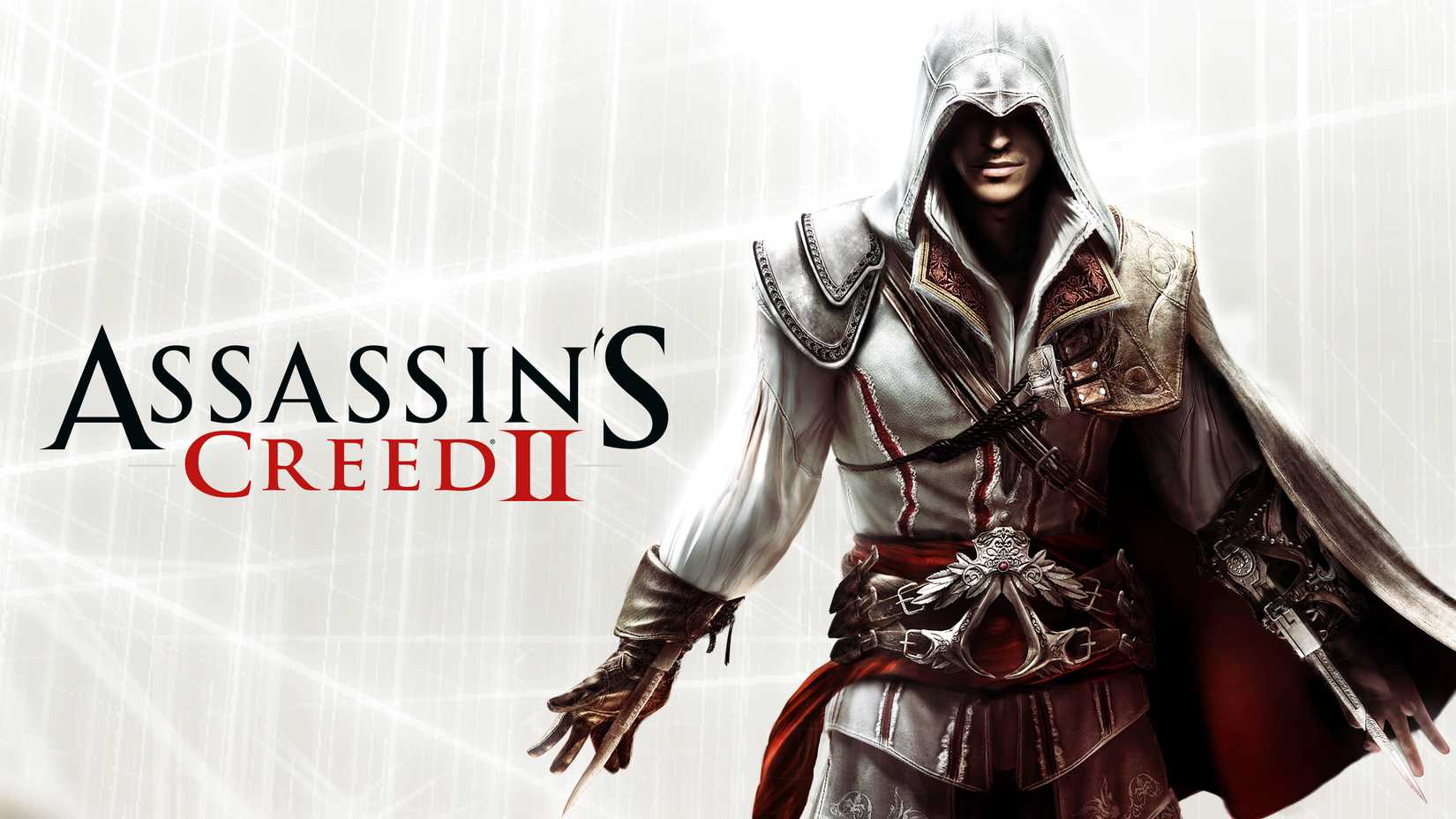
But in 2010, Ubisoft came up with one of the worst video game DRMs of all time in the form of its always-online DRM solution. This DRM shipped with some of its most popular single-player games of the era. Yes, you’ve read it right, you had to be constantly online to enjoy a single-player game with zero multiplayer elements.
The DRM would constantly communicate with a cloud server and sync data with it at any point you did something worthwhile in a game. Be it starting or finishing a mission, reaching a checkpoint, or even acquiring a collectible item. It was bonkers.
A few PC versions of Ubisoft’s games shipped with said DRM—The Settlers 7, Splinter Cell Conviction, and Silent Hunter 5— with the official reasoning behind the decision being the fight against piracy. The online gaming community grumbled a bit, but the real uproar happened only after Ubisoft decided to ship its crown jewel of the time, Assassin’s Creed 2, with said always-online DRM.
The experience as a whole was fine as long as you had a stable connection, but the level of control Ubisoft tried to impose over playing a single-player game was anything but well-received.
If your connection went out just for a second, the game would pause, and you couldn’t continue until your internet came back. Experience a longer outage, and you’d be kicked from the game and would have to reload the last checkpoint that synced with the server prior to your internet connection going down.
At one point, online DRM servers went offline, meaning legitimate owners of the game couldn’t play it at all. As you may expect, owners of the game didn’t react well to the issue, for good reason.
In the end, people who pirated the game ended up having a superior experience compared to legitimate owners. The game was fully cracked less than two months after its PC release, with a crack that emulated the DRM server appearing just a few weeks after launch.
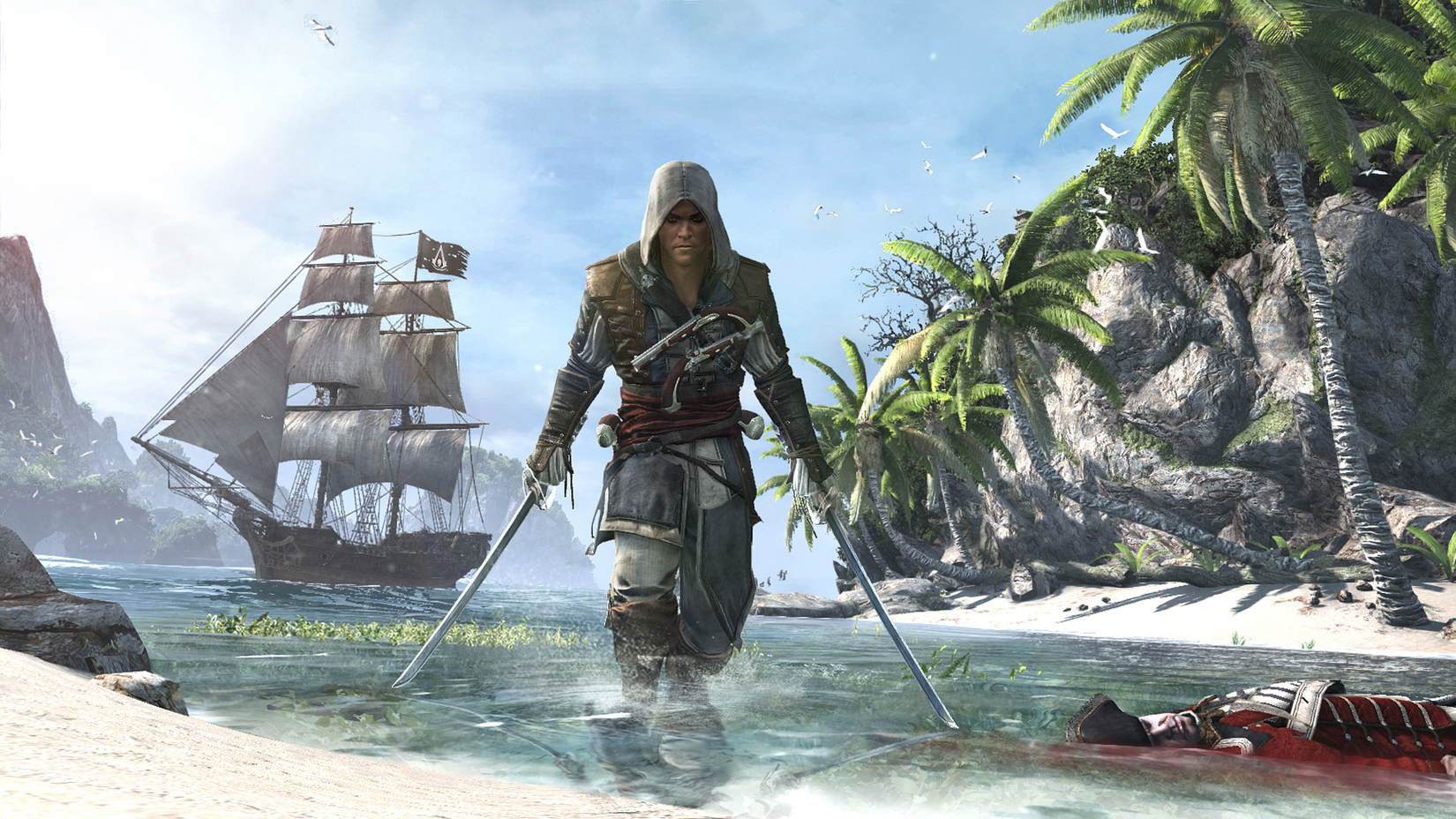
In other words, pirates were enjoying Assassin’s Creed II offline while paying customers had to put up with the DRM.
Ultimately, Ubisoft backtracked and removed the need for constant connection for titles that used its always-online DRM in late 2010, but the damage has already been done. Thanks to StarForce (Ubisoft was one of the prime customers of StarForce DRM), and its always-online DRM solution, Ubisoft never did manage to fully recover its reputation among PC gamers.
So, Why Does No One Like Denuvo?
Now that I’ve covered a few video game DRMs that make Denuvo look like a consumer-friendly form of DRM, let me explain why so many gamers hate Denuvo with fervor.
For starters, many believe that Denuvo makes games run worse. This belief is corroborated by evidence showing that multiple games did perform better after developers removed Denuvo.
In some cases, though, it was the secondary DRM, and not Denuvo, that was at fault. Case in point is Resident Evil: Village, where Capcom’s DRM, the company used in tandem with Denuvo, was responsible for performance issues.
Another issue is the online nature of Denuvo activation. If you purchase a game that ships with Denuvo, you have to be online to activate it when launching the game for the first time. You can then continue to play the game offline, but after a while (usually every two weeks, but this varies on a per-game basis), you’ll have to go online yet again for another check, and so on and so forth.
If this seems anti-consumer, it’s because it is. If Denuvo servers go offline—which has happened time and time again with other forms of online DRM—and a game’s developers don’t remove Denuvo from it, the title will become permanently unplayable.
Another issue with Denuvo is that many games featuring it allow a limited number of activations during a 24-hour period, usually five. So, for instance, if you have multiple gaming PCs you want to try the game on, or use Steam Family Sharing, Denuvo can prevent you or your loved ones from playing the game you paid your hard-earned money for.
This can also hurt hardware reviewers, like myself. I was reminded about Denuvo’s activation limit in the worst possible way recently, when I benchmarked Borderlands 4 on the Steam Deck and ROG Ally X. Since the game had performed super poorly on Steam Deck, I decided to try out different versions of Proton to find out whether some version would allow me to run the game at a playable performance.
What I didn’t know was that Denuvo counts each version of Proton as a separate PC. When I had found out that I couldn’t make the game run at 30FPS on my Steam Deck, and wanted to benchmark it on my ROG Ally X, I got a warning letting me know I had reached the activation limit and would have to wait 24 hours before I could launch the game on the ROG Ally X. So I had to postpone my Borderlands 4 benchmark and publish it three days later than originally planned, which was great.
Denuvo is indeed a pretty bad form of video game DRM that comes with its fair share of anti-consumer features. But even though it’s pretty bad, it’s not the worst.
Personally, I have to put StarForce at the top of my worst video game DRM Mount Rushmore, because the things that piece of software did have been unmatched to date. I just hope no other DRM solution will ever be as anti-consumer as StarForce was.






